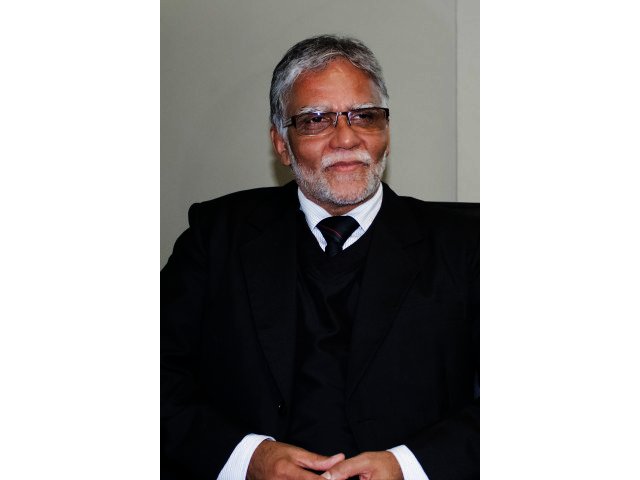By Rashied Small, Executive: Education, Training and Membership at the South African Institute of Professional Accountants
The greatest challenge that the accounting and auditing profession faces today is investing in the education and training that is needed to keep up with the change of pace in the environment. Advances in technology and digitization has led to the industry requiring a different set of skills than what many of today’s professional accountants have been equipped with. In today’s professional landscape, we are essentially applying 2005 skills in a 2020 environment.
Accountants: from number crunchers to advisory service providers
Thanks to technology and software, it is easier and quicker to produce financial statements that comply with all the relevant industry regulations than ever before. Many of the financial statements that an accountant used to produce through manual processes and repetitive data inputting can now be produced by software within minutes. Today’s clients expect a higher level of cognitive analysis from accountants. They are looking to accountants to help them analyse their financial information intelligently so that they can find ways to grow and sustain their businesses based on these numbers.
The type of problem solving, critical thinking and analysis that is needed for accountants to provide this type of advisory service isn’t included in curriculums at traditional tertiary institutions. Traditionally, if a client’s financial statements show that sales are increasing, they could conclude that the business is growing. If these sales trends and percentages are analysed in relation to growth in their industry, however, then an accountant who is able to analyse this information critically may deduct that the businesses isn’t growing as fast as the sector as a whole. This type of analysis and critical thinking could alert a client to a growing gap between industry growth and the company’s sales growth before the client moves into a danger area.
How competency-based education and training is helping upskill accountants
Three years ago, the South African Institute of Professional Accountants (SAIPA) launched a program aimed at teaching professional accountants to apply their technical understanding of finance, auditing and accounting to perform more analytical responsibilities. This competency-based education helps accountants give clients a narrative of what their financial statements can tell them about their businesses.
The feedback SAIPA is receiving from industry shows that the younger breed of accountants who have completed this training are meeting their advisory needs. The newer breed of professional accountants has started to question, analyse and investigate clients’ financial information instead of simply delivering numbers, which is exactly what the industry needs.
Addressing the greater level of ethical responsibility placed on accountants
Another change in the industry is the level of ethical responsibility of professional accountants. The primary responsibility of accountants is not to clients, but to the interest of the public. The greater emphasis that has been placed on an accountant’s ethical responsibility means that accountants are increasingly being put in positions where they must balance their responsibilities towards a client and the public.
If an accountant learns that a client has paid someone to receive work, which is essentially a bribe, an accountant would document this as services rendered under standard accounting practices. From an ethical standpoint, however, this accountant should question the ethics of their client, report it and withdraw themselves from that assignment.
All professional accountants need to adhere to regulations relating to ethics, but SAIPA is cementing these concepts among its members by creating a platform where these issues can be raised. Within SAIPA, we compel professionals to discuss ethical dilemmas and how they address these situations based on their knowledge and expertise. SAIPA is helping an increasing number of professionals to continue to question any issues that may impinge on an accountant’s responsibility to maintain ethical standards within the profession.
As the industry changes and evolves, professional accountants need to adapt. Digital disruptions, combined with greater demands from businesses and an increased burden on accountants to enforce ethical practices means that these professionals have to invest in the training they need to equip themselves for the future.





